Police and protesters clashed violently on Tuesday in the northern province of Jujuy during demonstrations against reforms to the local constitution that criminalise some forms of protest.
A large demonstration led by indigenous and social organisations in front of the provincial legislature erupted into riots as activists threw stones at security forces who fought back aggressively with rubber bullets and tear gas, televised images showed.
For several hours, hundreds engaged the police in running battles in the streets of San Salvador de Jujuy, burning cars and throwing rocks.
One channel showed a demonstrator lying in the street near a pool of blood, and local media reported dozens of injuries on both sides.
An emergency services official told TN television that about "50 to 70 people received medical assistance" mainly for light injuries. At least one person was in a serious condition, the official said, after suffering a head injury.
An official in the provincial Security Ministry told AFP there had been at least 20 arrests.
Among those demonstrating were supporters of local indigenous activist Milagro Sala, picketers from the Polo Obrero organisation and other social groups, media outlets reported.
Alejandro Nieva, the president of the constitutional drafting commission, alleged before local media that the attackers were “Kirchnerite groups.”
"They even came from other provinces, to create this chaos that is happening here," he said.
National politicians quickly began trading blows on social media over the clashes, with Jujuy Province Gerardo Morales accusing President Alberto Fernández and Vice-President Cristina Fernández de Kirchner of fomenting the unrest.
The constitutional reform that sparked the row expressly prohibits "street and road blockades, as well as any disturbance to the right to free movement of persons and the improper occupation of public buildings," definitions that critics say slap limits on the right to protest.
The text also contemplated modifications with respect to indigenous peoples' land rights, but these were pulled at the last minute by Morales’ provincial coalition.
Protests over the legislative change began over the weekend and sparked in Purmamarca, where security forces moved to break-up a roadblock set up by local indigenous communities and left-wing activists.
Governor Morales is an influential leader in the centre-right Unión Cívica Radical party that forms part of the leading opposition coalition Juntos por el Cambio. He is a declared presidential hopeful for this October’s national elections, though most analysts expect him to eventually withdraw and settle for a running-mate position on a ticket led by a candidate from the alliance’s main force, PRO.
Seeking to gain an advantage in the narrative battle, Morales and Fernández both accused each other of being responsible for the trouble on the streets of Jujuy.
"I hold president @alferdez [Alberto Fernández] and vice president @CFKArgentina [Cristina Fernández de Kirchner] responsible for the extreme violence that is taking place in the province of Jujuy," the governor wrote on Twitter.
Fellow opposition presidential hopeful Horacio Rodríguez Larreta said the scenes were "an example of what Kirchnerism is capable of by resisting change." The Buenos Aires City mayor criticised the "anti-democratic violence."
"You are the only one responsible for having brought our beloved province of Jujuy to this extreme situation by trying to impose a constitutional reform that does not respect the National Constitution," President Fernández responded to Governor Morales, demanding the "immediate cessation of repression” in the province of 800,000 inhabitants.
Fernández de Kirchner also fired back on social media, telling Morales to "take charge and stop the repressive madness" that he himself had "unleashed."
"What is happening in the province of Jujuy is your absolute responsibility and you know it,” she wrote on Twitter, declaring that Morales had “savage repression” in his “DNA.”
Thousands of representatives from the almost 300 indigenous communities based in the foothills of the Andes have joined teachers' and state workers' unions staging protests over the past two weeks. Roadblocks and marches have at some points blocked access to the provincial capital of San Salvador.
Morales called his alliance’s reform "progressive" at a press conference on Monday, but the leaders of the demonstrations reject that definition, instead arguing it "limits the right to protest and strike and questions the property of indigenous communities."
"They are eliminating our rights to our ancestral lands," Verónica Chávez, the president of the Tres Pozos Community of the Kolla people, said at a press conference.
The Inter-American Commission on Human Rights in a statement expressed concern at recent actions in response to protests in Jujuy and urged "the State to respect the right to freedom of expression."
– TIMES/AFP/NA








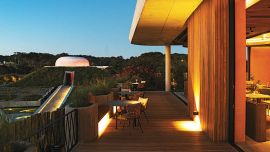
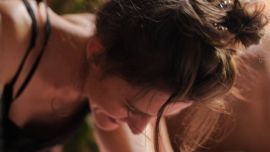





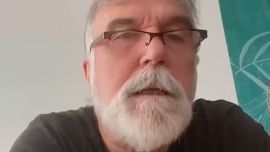
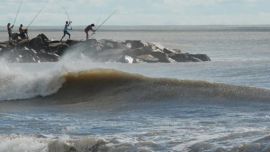
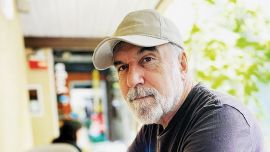
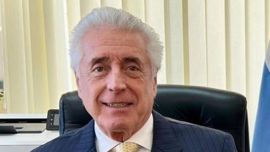
Comments